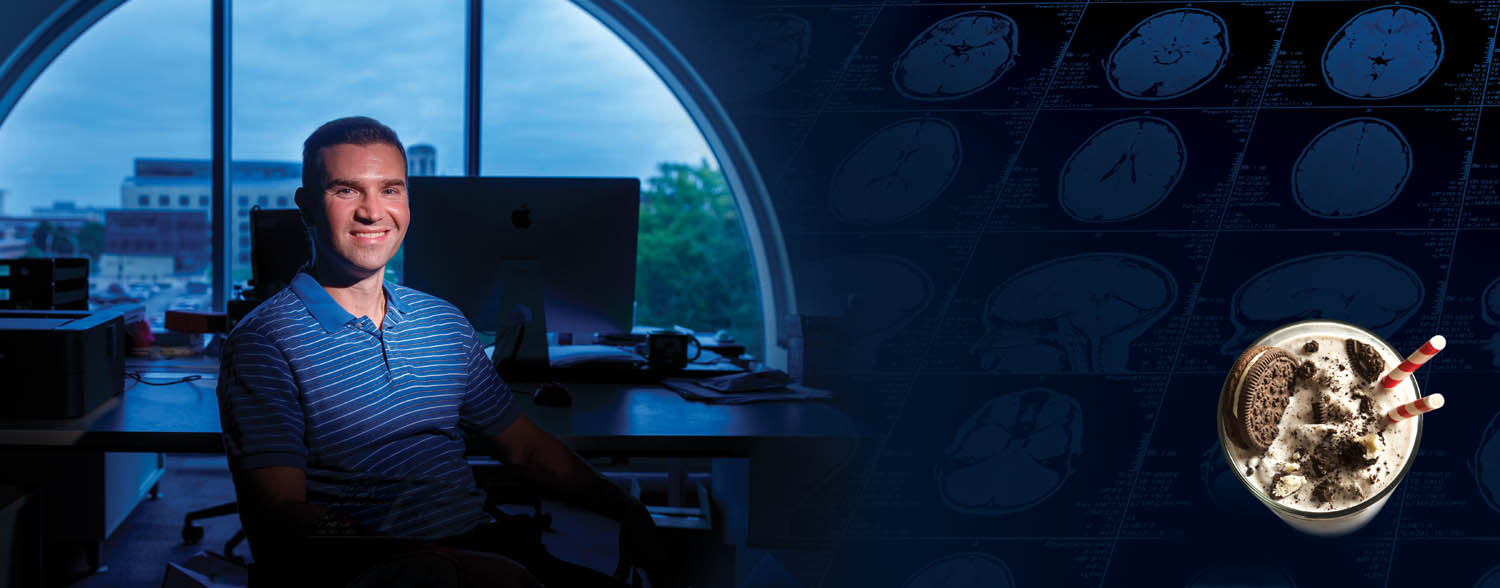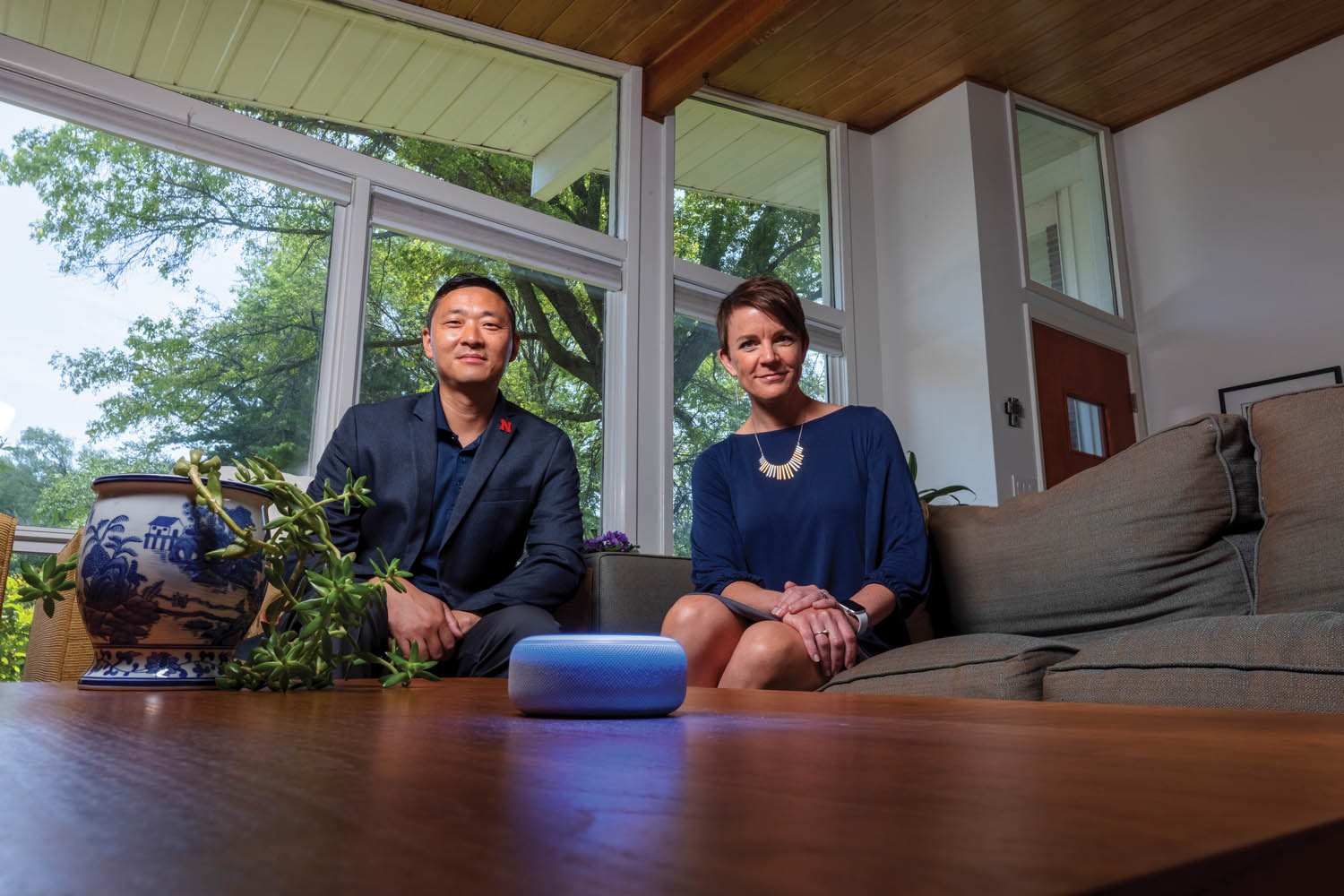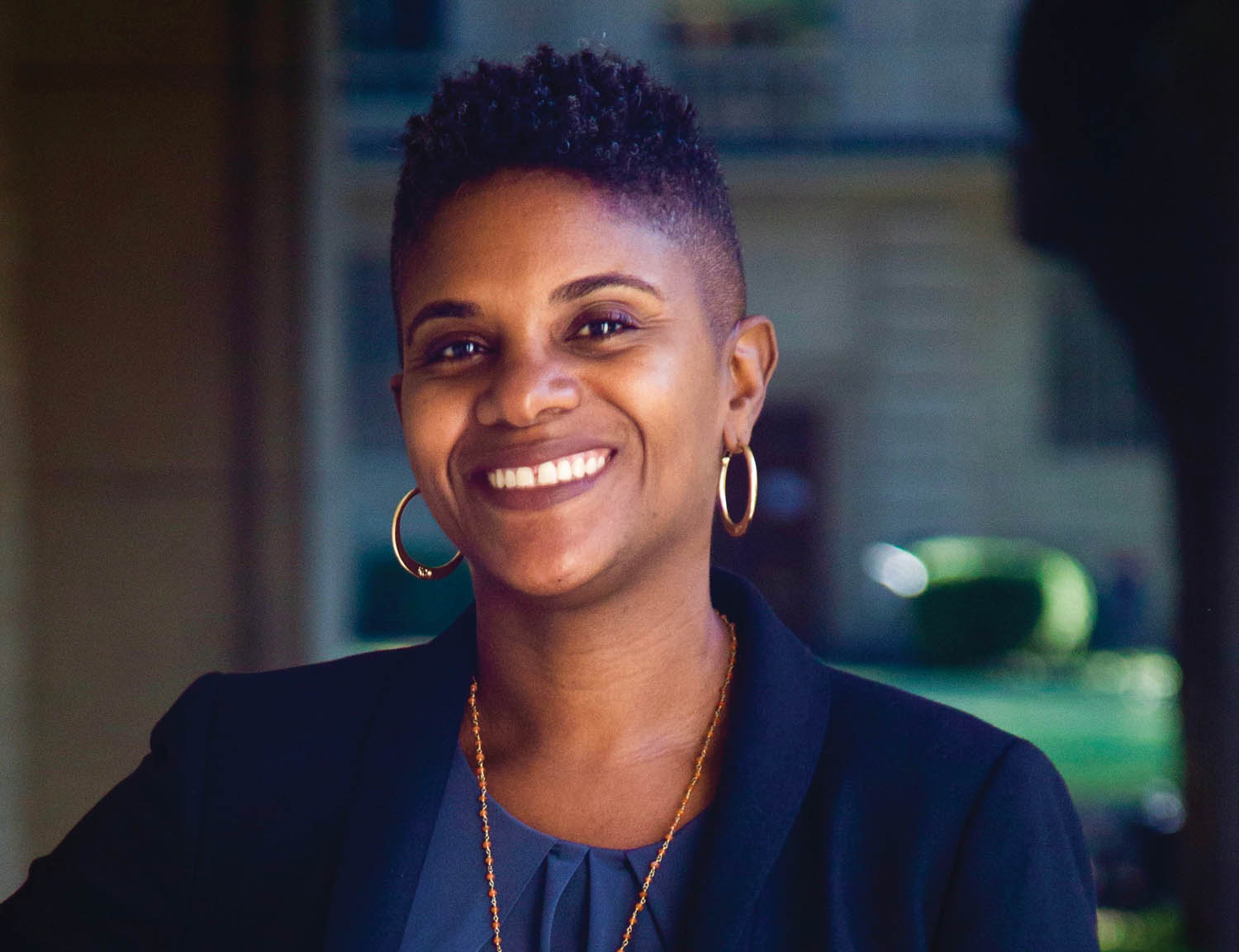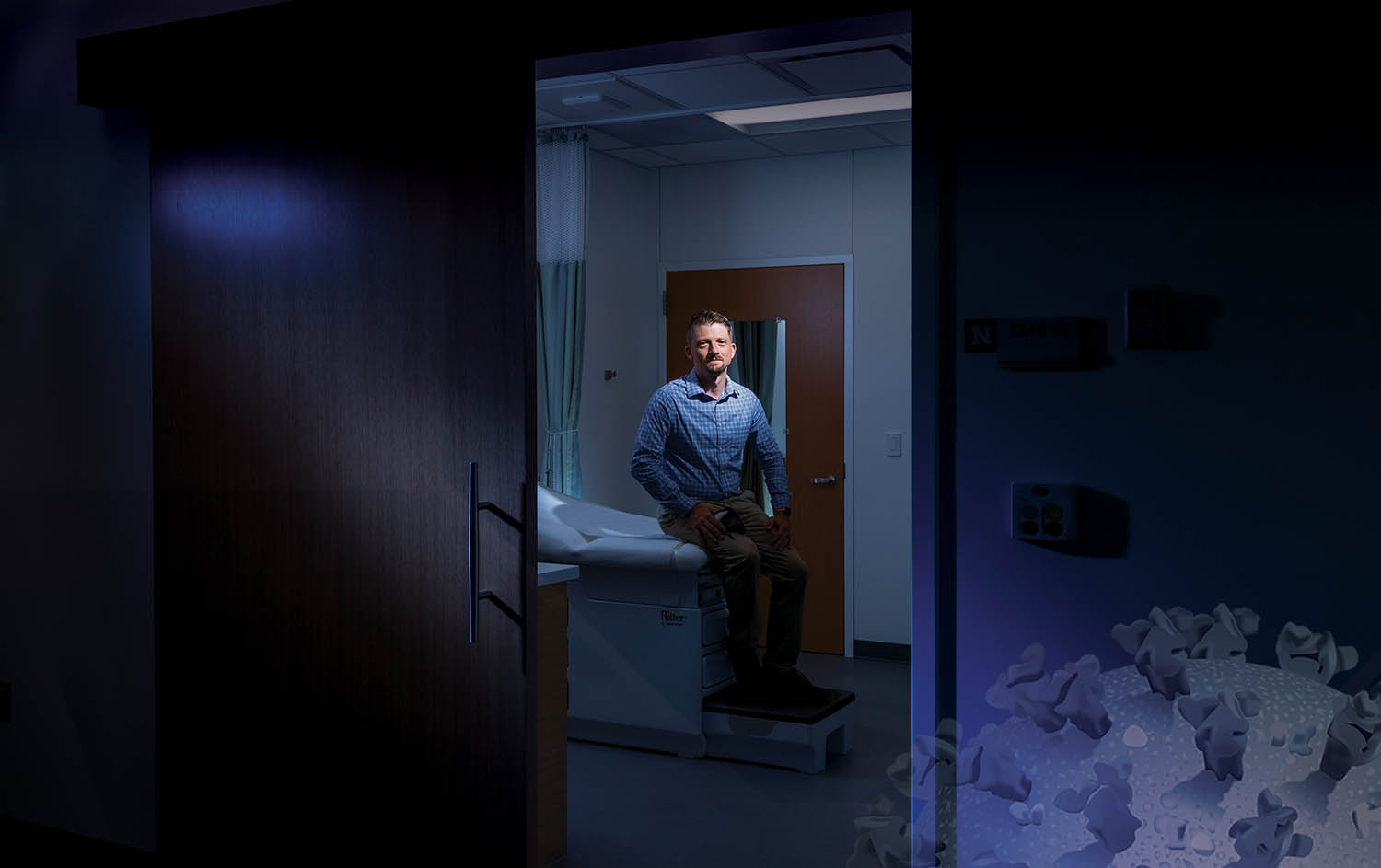Imagine getting a glimpse of a brain’s reaction to the first sip of a delicious milkshake. Is it characterized by calm self-regulation – or overexcitement? Nebraska researchers are using this and other data as they study factors that affect adolescents’ and young adults’ health, with an eye toward finding intervention strategies to head off obesity,… Continue reading Brain Holds Clues to Obesity Interventions
Tag: Public Health
Team Among World’s Best in Pandemic Challenge
A team of researchers from three University of Nebraska institutions was among the world’s best in developing an artificial intelligence-driven model to advise policymakers on how best to handle the COVID-19 pandemic. Their aim was to align medical recommendations with policy implementation. The team was one of eight to receive an honorable mention in the… Continue reading Team Among World’s Best in Pandemic Challenge
Interacting with Voice Assistants Eases Loneliness
“Good morning, Alexa.”“Good morning, Martha.” Interacting with personal voice assistants such as Amazon’s Echo Dot, otherwise known as Alexa, can lessen loneliness in older Americans who live alone, according to a Nebraska study. Loneliness – the perception of feeling disconnected – is so pervasive, especially among older people, that it’s considered an epidemic with public… Continue reading Interacting with Voice Assistants Eases Loneliness
Tracking Real-Time Physiological Reactions to Racism
Studies link the stress of racism to higher rates of chronic illnesses among people of color. An interdisciplinary team of Nebraska and Texas researchers is one of the first to demonstrate the physiological responses connecting racism and health outcomes in real time. “Our findings build on previous research and add to it by showing how… Continue reading Tracking Real-Time Physiological Reactions to Racism
Helping High-Risk Groups Cope with COVID
The COVID-19 pandemic has illuminated health disparities stemming from diverse factors, including race, ethnicity and underlying health conditions. Arthur “Trey” Andrews, assistant professor of psychology and ethnic studies, is examining two groups disproportionately affected by COVID-19: U.S. Latinos and people with histories of substance abuse. He’s collecting survey information about their willingness to seek testing,… Continue reading Helping High-Risk Groups Cope with COVID




